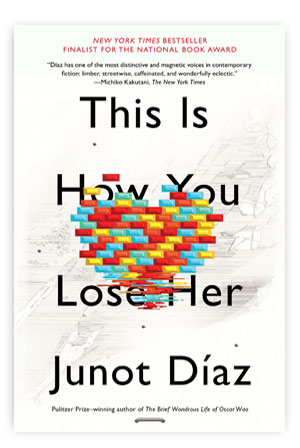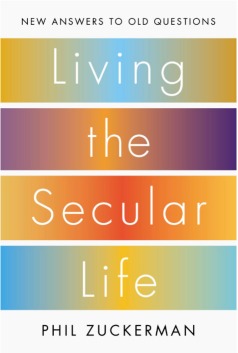 Harriet Lane's first novel, "Alys, Always," was a heart knocking psychological thriller that I read in one afternoon. http://readaroundtheworld-sallyb.blogspot.com/2012/07/alys-always-i-found-it-first.html
Harriet Lane's first novel, "Alys, Always," was a heart knocking psychological thriller that I read in one afternoon. http://readaroundtheworld-sallyb.blogspot.com/2012/07/alys-always-i-found-it-first.htmlImagine how pleased I was to see that Ms. Lane had quickly followed up on her early success. The minute my obligatory reviews for the radio program and for Library Journal were completed for this month I sat back expecting to be blown away once again. Alas, it was not to be.
"Her" requires a bit more investment in time. Lane brilliantly writes about the frustrations of Emma, a London career woman who has forfeited the good life for domestic tranquility, two kids and a less successful husband. Lane perfectly describes the dichotomy between a mother's pleasure at the touch of her baby's skin and her rising anxiety level when that same baby is screeching at high pitched decibels for the unknown. I doubt that there's any mother reading this who won't empathize with the harried Emma as she pushes the infant in the unwieldy pram while trying to keep her eyes on the toddler with his trike. Danger can come from anywhere, at any minute.
But whenever Emma seems to be at the end of her rope, Nina is there with the lifeline. How is it that this neighbor, professional artist, svelte, polished, put-together Nina, becomes Johnny on the spot? She "finds" Emma's lost wallet, she "discovers" the missing toddler Christopher on her front steps, she slowly insinuates herself into Emma and husband Ben's lives until she is almost indispensable, even offering ten days away from the madding crowd at her family's summer home in France. Why her?
And therein lies the problem with this entertaining but hardly heart knocking psychological thriller. It simply takes too long to ratchet up the tension. Every other chapter is a repeat of the one prior, so that Emma tells her version of an incident and then Nina offers the same tale from her perspective. But the differences are just too nuanced and the risk of boring the reader is simply too great.
Revenge has historically been the motivation for some horrific acts of violence yet often it is the minor injury we commit, without even being aware, that settles in a twisted person's psyche and percolates for years. How can we defend ourselves, apologize for, or even acknowledge our offense if we are oblivious to it? Perhaps that's the banality of evil that Harriet Lane would like us to think about. Have you read this novel? What did you think? Agree? Disagree? Let's talk.





